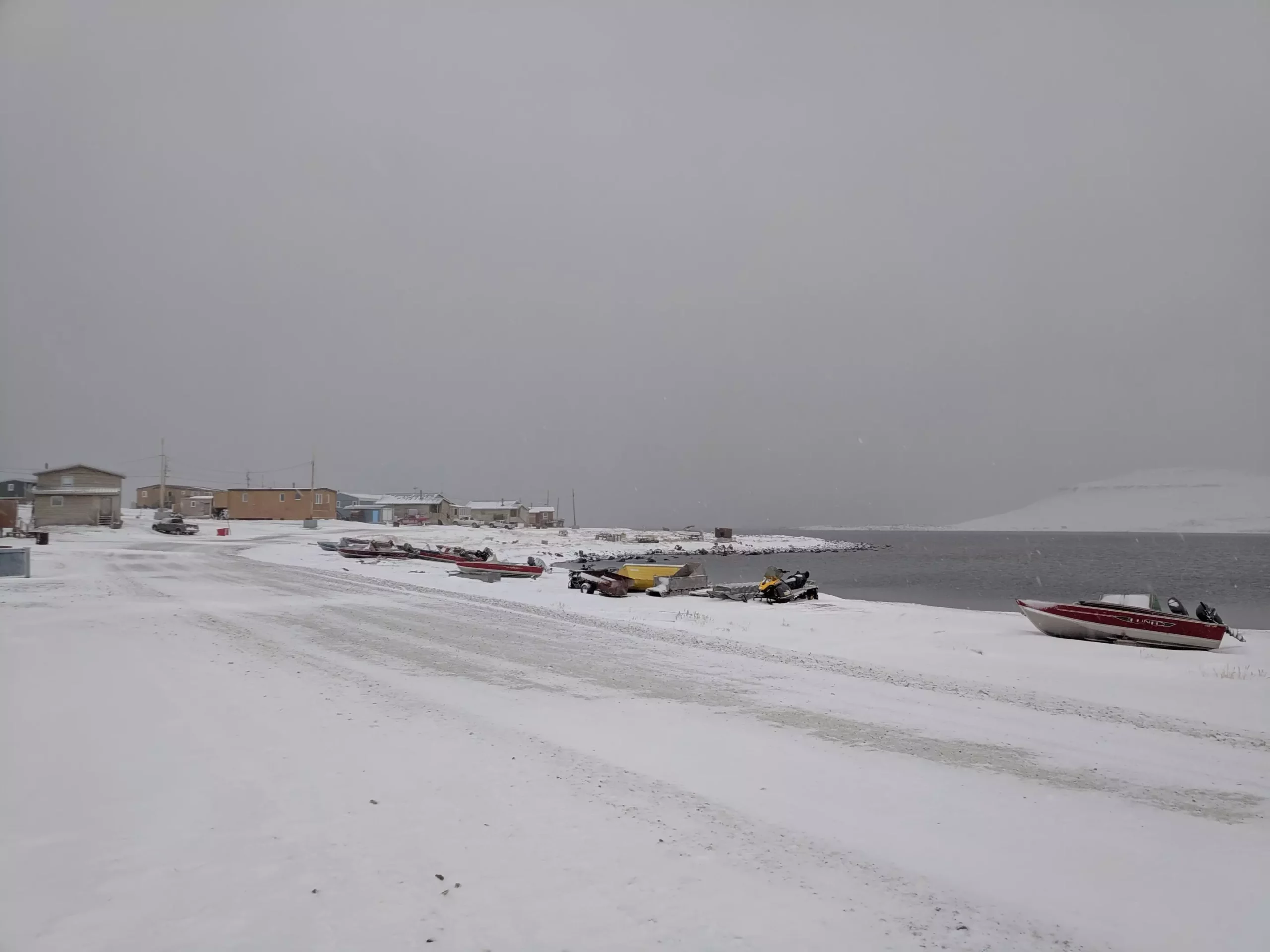In recent years, the conversation about food sustainability has taken on new urgency, particularly in remote and Indigenous communities. The Max Planck Institute for Evolutionary Anthropology, in collaboration with the Inuvialuit Regional Corporation, has delivered a powerful message about the enormous benefits of emphasizing local food systems over imported substitutes. Their findings, rooted in a study from the Inuvialuit Settlement Region in Canada’s Arctic, spotlight significant economic and environmental advantages that stem from supporting local food production. This research goes beyond mere numbers; it serves as a call to action that highlights the intricate relationship between local economies, climate change, and community health.
The study reveals a staggering potential for savings exceeding 3.1 million Canadian dollars annually, alongside drastic reductions in carbon emissions. When Indigenous harvesters utilize traditional methods to source food from their environment, they produce roughly half the carbon emissions associated with imported foods. Such revelations not only underscore the importance of local food initiatives but also necessitate a closer examination of climate change policies that often sideline these critical systems.
The Invisible Economy: Marginalization of Indigenous Practices
One of the most significant issues raised by this research is the inadequacy of prevailing economic models that often overlook the local economies of Indigenous communities. These “informal” food economies arise through a blend of traditional practices—hunting, fishing, and gathering—complemented by a formal wage economy. However, the influences of social, economic, and climatic changes are transforming these regions at an alarming rate. With increasing carbon taxing implications on fuel, local food harvesting is caught in an unsettling balance of sustainability and economic viability.
With detailed efforts to assess the economic and environmental impact of local food production, the study drew on extensive data, harmonizing Indigenous harvesting practices with the realities of a globalized market. By calculating the costs of replacing locally harvested food with industrial market substitutes like beef, pork, and farmed fish, the researchers gathered essential insights about the operational challenges facing Arctic communities. The nuance of their approach allows for a more comprehensive understanding of food security beyond mere availability—looking instead at the sustainability and ecological implications.
Fuel for Thought: Carbon Emissions from Food Production
Carbon emissions linked to food production present a core challenge in discussions about climate change. The research showcases an influential estimate: transitioning to imported food sources would not only incur a cost of over 3.1 million Canadian dollars but would also generate over 1,000 tonnes of CO2 emissions annually. In stark contrast, local harvesting methods—although they rely on fossil fuels—result in emissions that are less than half of that generated by imported foods, emphasizing how local systems can still maintain environmental integrity.
Elspeth Ready, the study’s first author, expressed the findings succinctly: “Local food harvesting, even with fossil fuel reliance, remains more economically-efficient and less carbon-intensive than industrial food production.” This observation is significant; it reiterates that local food systems operate on an economically as well as environmentally sustainable model, advocating for broader support and recognition of such systems.
Addressing the Broader Context: Climate Policies and Food Security
The implications of such findings ripple outwards, suggesting that climate change policies must be adapted to suit local realities. The study accentuates that neglecting local food systems could not only jeopardize emission reduction targets but also profoundly affect health and food security in remote communities. The environmental challenges faced by these communities are compounded by their geographic isolation and economic limitations.
Moreover, the dynamics of supply chains become precarious in the Arctic context, where traditional farming methods are often infeasible. As the research highlights, successful strategies for economic viability and climate adaptation must intertwine. Fostering local food networks can reduce reliance on distant supply chains that are vulnerable to climate disruptions, ultimately better protecting food security for Indigenous peoples.
A Framework for Future Research and Action
Richard Brenner, a co-author in this study, pointed to an essential element: the need for region-specific policies that acknowledge and uplift local food systems. As findings pave the way for statistical modeling approaches applicable to other regions, a template emerges for future research and climate initiatives. Understanding the subtleties of Indigenous economies and their environmental practices is necessary for informed policy development that champions community resilience.
Beyond mere production, this inquiry invites partnerships across disciplines, policymakers, and Indigenous communities, uniting efforts towards a more sustainable and equitable future. The challenge lies not just in developing policy frameworks but in recognizing and empowering the voices and practices of Indigenous peoples across the globe. Acknowledging the pivotal role of local food sourcing is key to addressing the parallel crises of food insecurity and climate change. Through these insights, we can center our efforts in a way that is holistic, sustainable, and most importantly, respectful of the knowledge embedded in local cultures and economies.


Leave a Reply